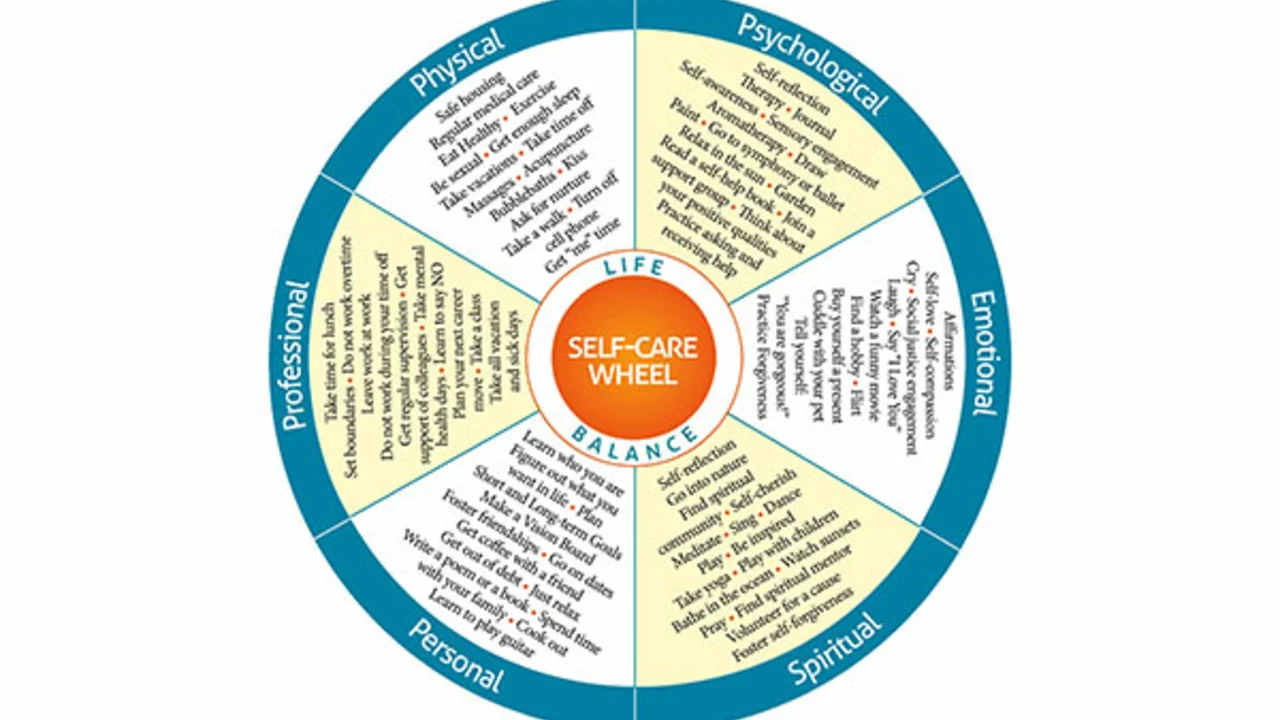This month we published seven practical posts focused on day-to-day health: hearing protection at work, self-care for people with weakened immunity, drug updates for pain and hormone therapy, and how food allergies can cause bloating. Each piece aims to give simple steps you can try or discuss with your clinician.
The hearing article explains how loud workplaces quietly damage hearing and what you can do right away. Use ear protection that fits, rotate away from the loudest tasks when possible, and book regular hearing checks so small losses don’t become permanent. If you work around machinery, carry foam plugs in your pocket and learn safe communication signals for noisy areas.
Our immunodeficiency piece breaks self-care into clear habits: steady sleep, balanced meals that include protein and fiber, daily light movement, proper hydration, and solid hand hygiene. Mental health matters too — stress raises infection risk — so build in short breaks, simple breathing exercises, and follow your clinic’s vaccine and prophylaxis plan. We included a checklist you can print and bring to appointments.
Methocarbamol showed up as a short-term option for acute back pain; it can reduce muscle spasm and give symptom relief but won’t fix the underlying issue. Use it as part of a plan with movement, posture work, and a provider’s guidance. For herniated discs we looked at aspirin: it can help with pain and inflammation but isn’t a cure and long-term use has downsides — ask your clinician before trying it regularly.
We covered ethinyl estradiol in transgender hormone therapy and noted why many clinicians now prefer bioidentical estradiol when possible. Ethinyl estradiol is potent and effective, but carries higher risks like blood clots and cardiovascular concerns; dose, monitoring, and personal risk factors matter. Our hydroxyurea update summarizes active research: improved dosing, fewer side effects, and smarter delivery systems are the focus, mostly in blood-disorder trials.
Finally, the bloating and food allergies post gives concrete next steps: track what you eat and when symptoms start, test for lactose intolerance or common allergens, and try a guided elimination diet rather than guessing. We explain how missing enzymes or an immune reaction can cause swelling and discomfort, and when to see an allergist or GI specialist.
Want the full how-to for any post? Click the item that interests you to read practical tips, checklists, and questions to bring to your provider. If you'd like, sign up for alerts so new posts like these land in your inbox.

Hey folks, let's dive into the world of ear health, shall we? First off, noise in the workplace - the silent villain. We need to make sure we're not cranking up the volume too much, unless you're into the whole "What? I can't hear you!" thing. Secondly, protective gear is your best buddy here, think of it as a knight's armor for your ears, pretty cool, huh? Lastly, regular hearing check-ups, because it's always better to catch any issues early. Remember, your ears are your friends, treat them kindly!
View more
Immunodeficiency is a health condition where the body's defense system isn't as strong as it should be, making us more susceptible to infections and diseases. It's incredibly important for those with this condition to practice self-care to ensure they stay as healthy as possible. This includes maintaining a balanced diet, regular exercise, staying hydrated and getting enough sleep. Mental health care is also crucial as stress can further weaken the immune system. Remember, self-care is not selfish; it's necessary, especially when dealing with immunodeficiency.
View more
Ethinyl estradiol plays a pivotal role in transgender hormone therapy, particularly for transgender women undergoing male-to-female transition. It's a form of the hormone estrogen that effectively aids in the development of feminine physical characteristics. However, it's essential to note that this therapy requires careful management due to potential health risks, including blood clots and cardiovascular issues. While its use has lessened in favor of bioidentical estradiol, ethinyl estradiol remains a significant part of the conversation around transgender healthcare. As always, it's important for individuals to consult with their healthcare provider to determine the best course of action for their specific needs.
View more
In my recent exploration, I delved into the effectiveness of Methocarbamol for acute back pain. From what I gathered, Methocarbamol, a muscle relaxant, shows some promise in treating this condition. It seems to work by blocking nerve impulses causing pain sensations, thus bringing relief. However, it's crucial to note that while it may alleviate symptoms, it doesn't address the root cause of back pain. Therefore, it should be used as part of a comprehensive treatment plan, and not as a standalone solution.
View more
In my latest research, I've found that the future of Hydroxyurea is quite promising, with numerous advancements on the horizon. Scientists are exploring its potential in treating various diseases, particularly those related to blood disorders. New studies are focusing on reducing its side effects while increasing its efficacy. There's also intense research on developing improved drug delivery systems for Hydroxyurea. It's an exciting time, and I'll be keeping a close eye on the developments in this field.
View more
In my recent exploration of health topics, I've discovered a fascinating link between bloating and food allergies. It turns out that bloating is often a symptom of an allergic reaction to certain foods, as our bodies struggle to properly digest them. This can be due to a lack of necessary enzymes or an immune system response to perceived threats. By identifying and eliminating these allergens from our diet, we can significantly reduce bloating incidents. So, if you're often feeling bloated, it might be worth checking if you have a food allergy.
View more
In my research on managing back pain, I've discovered that aspirin, a common over-the-counter medication, may help with herniated discs. Aspirin acts as a pain reliever and anti-inflammatory, which can reduce both pain and swelling caused by a herniated disc. However, it's not a cure-all and should be part of a comprehensive treatment plan, including exercises and other therapies. It's also worth noting that long-term use of aspirin can have side effects, so always consult with a healthcare professional. Remember, everyone's experience with pain is unique, so what works for one person may not work for another.
View more